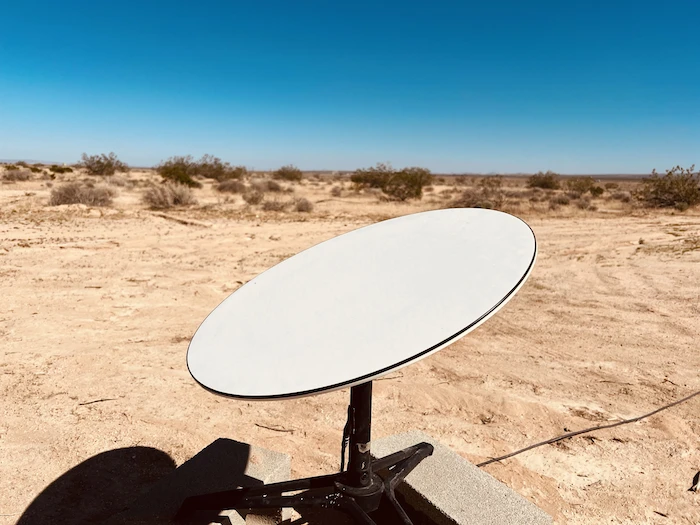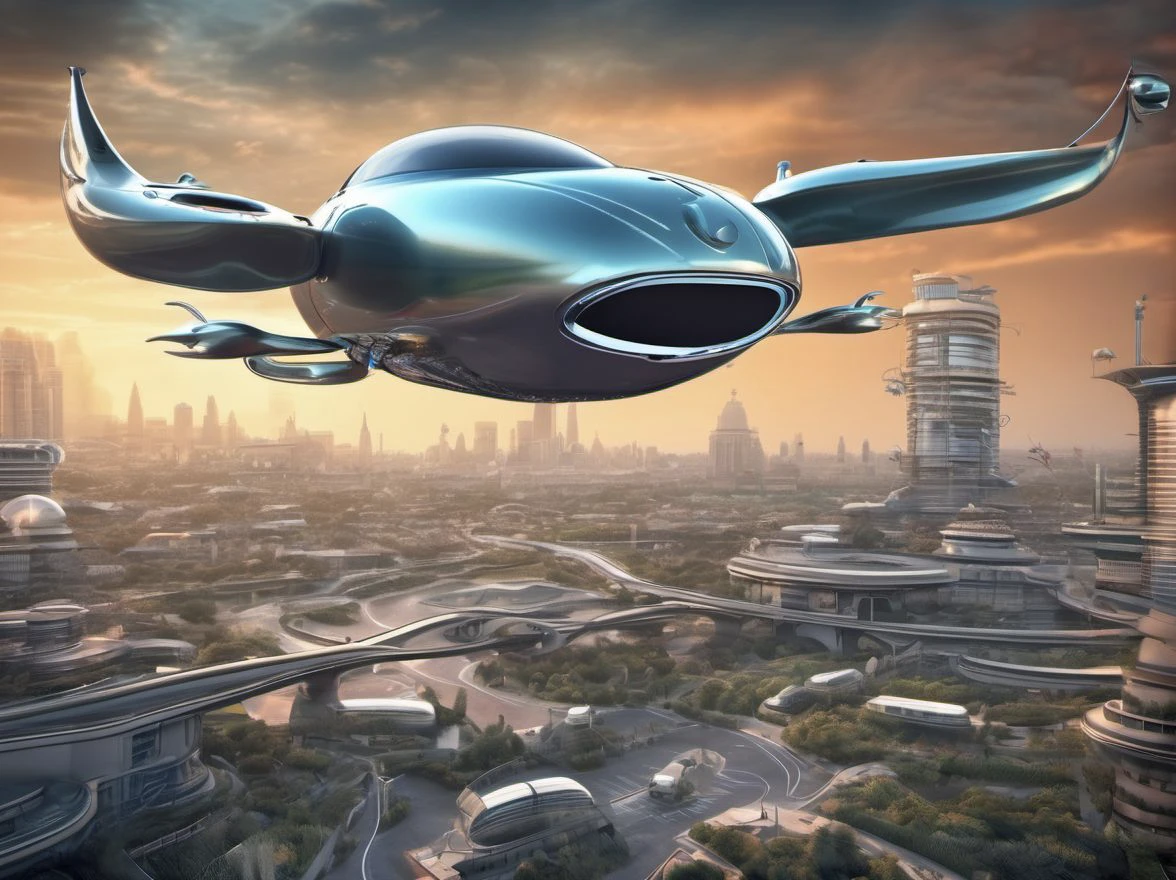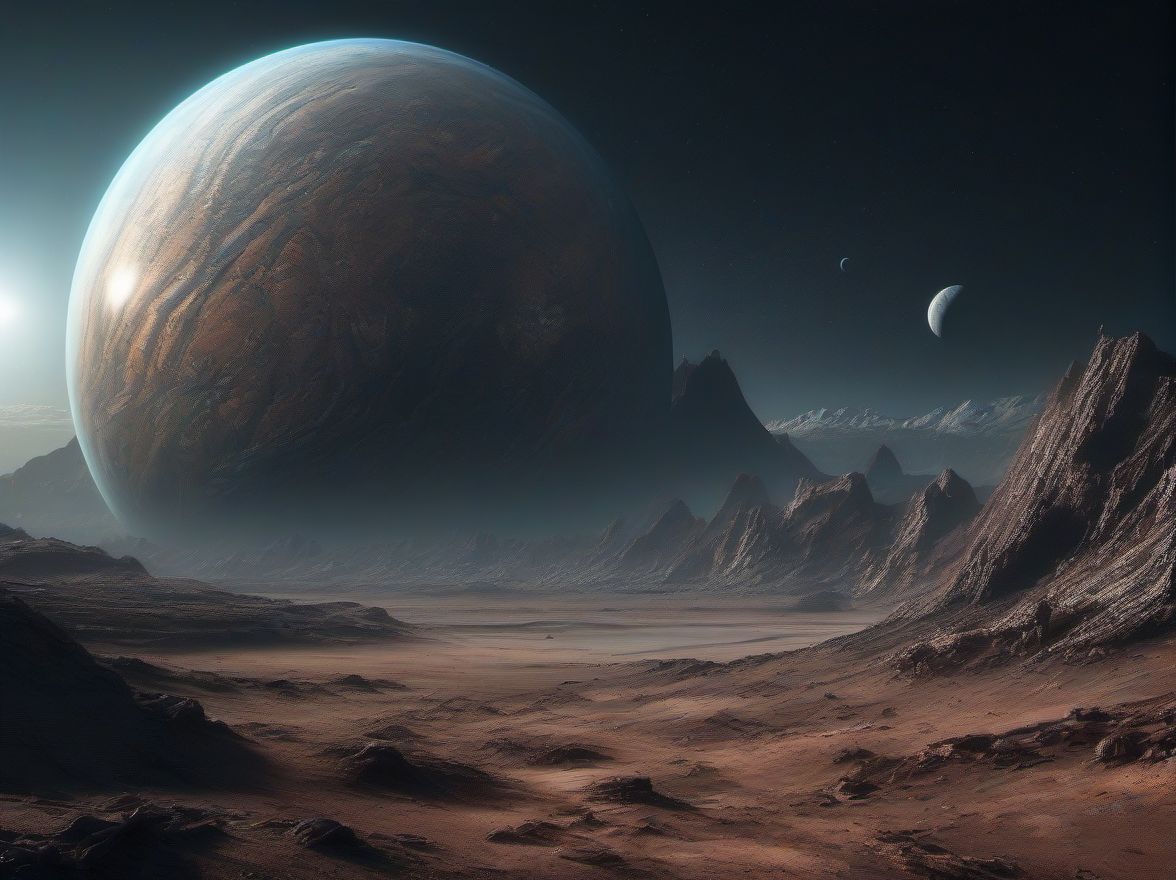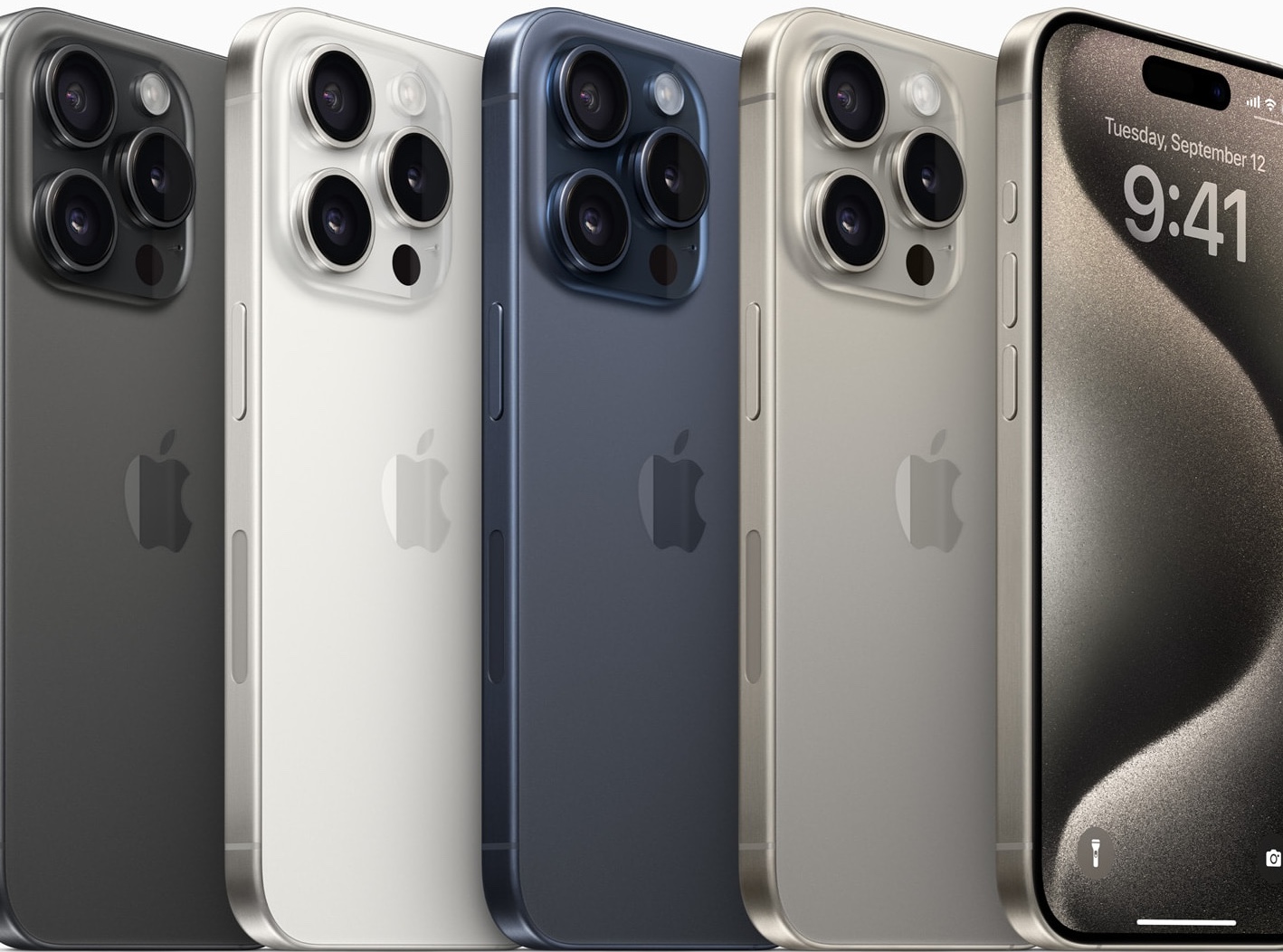October 5, 2023- 3RD OF 3
The Evolution of Android: Unveiling the Pixel 8 and Its Bloatware-Free Revolution
Android, Google's world-renowned mobile operating system, has continuously shaped the realm of mobile technology since its inception. With over 2.5 billion active devices worldwide in 2023, it firmly retains its title as the most dominant mobile OS. This article embarks on a journey through Android's history, tracing its evolution from humble beginnings to the anticipated Pixel 8, emphasizing its groundbreaking bloatware-free experience.
Android's Remarkable Odyssey
2005: The Android narrative commences with Google's acquisition of Android Inc., a fledgling startup dedicated to crafting a mobile operating system.
2007: A pivotal moment occurs as Google introduces the Android Open Handset Alliance (OHA), a consortium of tech behemoths committed to advancing open standards for mobile devices.
2008: Android takes center stage with the launch of the HTC Dream, marking the dawn of the first-ever Android-powered phone.
2009: A milestone is achieved as Android ascends to become the United States' most preferred mobile operating system.
Android's Evolution: A Symphony of Transformative Milestones
2010: Android 2.3 Gingerbread emerges, ushering in groundbreaking features such as Near Field Communication (NFC) and support for multiple cameras, laying the foundation for future innovations.
2011: Android 4.0 Ice Cream Sandwich revolutionizes Android's visual appeal with the introduction of the Holo design language, along with breakthroughs like face unlock and Android Beam.
2012: Android 4.1 Jelly Bean continues the evolution, optimizing performance and battery life while introducing pioneering features like Google Now and Project Butter.
2013: Android 4.4 KitKat is introduced, tailored for low-end devices, ensuring accessibility across a broad spectrum of smartphones.
2014: Android 5.0 Lollipop marks the arrival of Material Design, a sleek visual overhaul, and introduces features such as battery saver mode and support for multiple user accounts.
2015: Android 6.0 Marshmallow further refines the OS, enhancing security and performance, and introducing features such as Doze mode and Now on Tap.
2016: Android 7.0 Nougat ushers in a host of new features, including split-screen multitasking, direct reply, and Vulkan graphics support.
2017: Android 8.0 Oreo builds on Android's strengths, improving performance and battery life, and adding features such as picture-in-picture mode and Autofill.
2018: Android 9.0 Pie takes a user-centric approach, introducing features such as digital wellbeing, adaptive battery management, and intuitive gesture navigation.
2019: Android 10 arrives, focusing on user diversity and introducing features such as dark mode, focus mode, and live captions.
2020: Android 11 streamlines communication with one-time permissions, chat bubbles, and conversation notifications.
2021: Android 12 ushers in a new era of aesthetics with Material You, while introducing user-centric elements like the privacy dashboard and approximate location permissions.
2022: Android 13 raises the bar with themed app icons, notification permissions, and Bluetooth LE Audio support, offering enhanced user customization and connectivity.
The Pixel 8: A Paradigm Shift in Android Experience
Expected to launch in October 2023, the Pixel 8 represents Google's latest triumph in the Android journey. While building upon the legacy of its predecessors, the Pixel 8 introduces a groundbreaking feature:
Bloatware-Free Experience:
A defining feature of the Pixel 8 is its liberation from bloatware—unnecessary pre-installed software often added by manufacturers or carriers. Instead, it offers a pristine version of Android, containing only essential Google-developed software for seamless operation.
g-ad
The Pixel 8: Where Form Meets Function
Design:
The Pixel 8 is expected to feature a design reminiscent of the Pixel 7, boasting a metal frame and a glass back. However, rumors suggest potential enhancements such as a flatter display and a smaller notch for the front-facing camera.
Display:
Anticipated to sport a 6.2-inch or 6.7-inch OLED display with a 120Hz refresh rate, the Pixel 8's screen is poised to be brighter and more energy-efficient compared to the Pixel 7.
Processor:
Powering the Pixel 8 is expected to be the Google Tensor G3 chip, a successor to the Google Tensor chip found in the Pixel 7. The G3 chip is set to offer improved speed and efficiency.
Memory:
The Pixel 8 is projected to boast 8GB of LPDDR5X RAM and storage options of 128GB or 256GB of UFS 3.1 storage.
Cameras:
The Pixel 8's camera system is expected to mirror the Pixel 7's, featuring a 50MP main camera, a 12MP ultrawide camera, and an 8MP telephoto camera. Rumors hint at a new ultrawide camera sensor with improved autofocus.
Battery:
With a 4,575mAh battery, slightly larger than the Pixel 7's, the Pixel 8 is set to support faster wired charging.
Software:
The Pixel 8 is projected to ship with Android 14, promising a refined and updated user experience.
The history of Android serves as a testament to relentless innovation and adaptability. From its modest beginnings to its current status as the world's leading mobile operating system, Android has continually evolved to meet the demands of an ever-changing landscape. The Pixel 8, with its bloatware-free Android experience, exemplifies Google's commitment to delivering a user-centric device. It empowers users to enjoy improved performance, more storage, better battery life, and a customized experience. As we celebrate Android's journey, the future promises even more exciting developments on the horizon, reaffirming its role as a pioneer in the tech world.



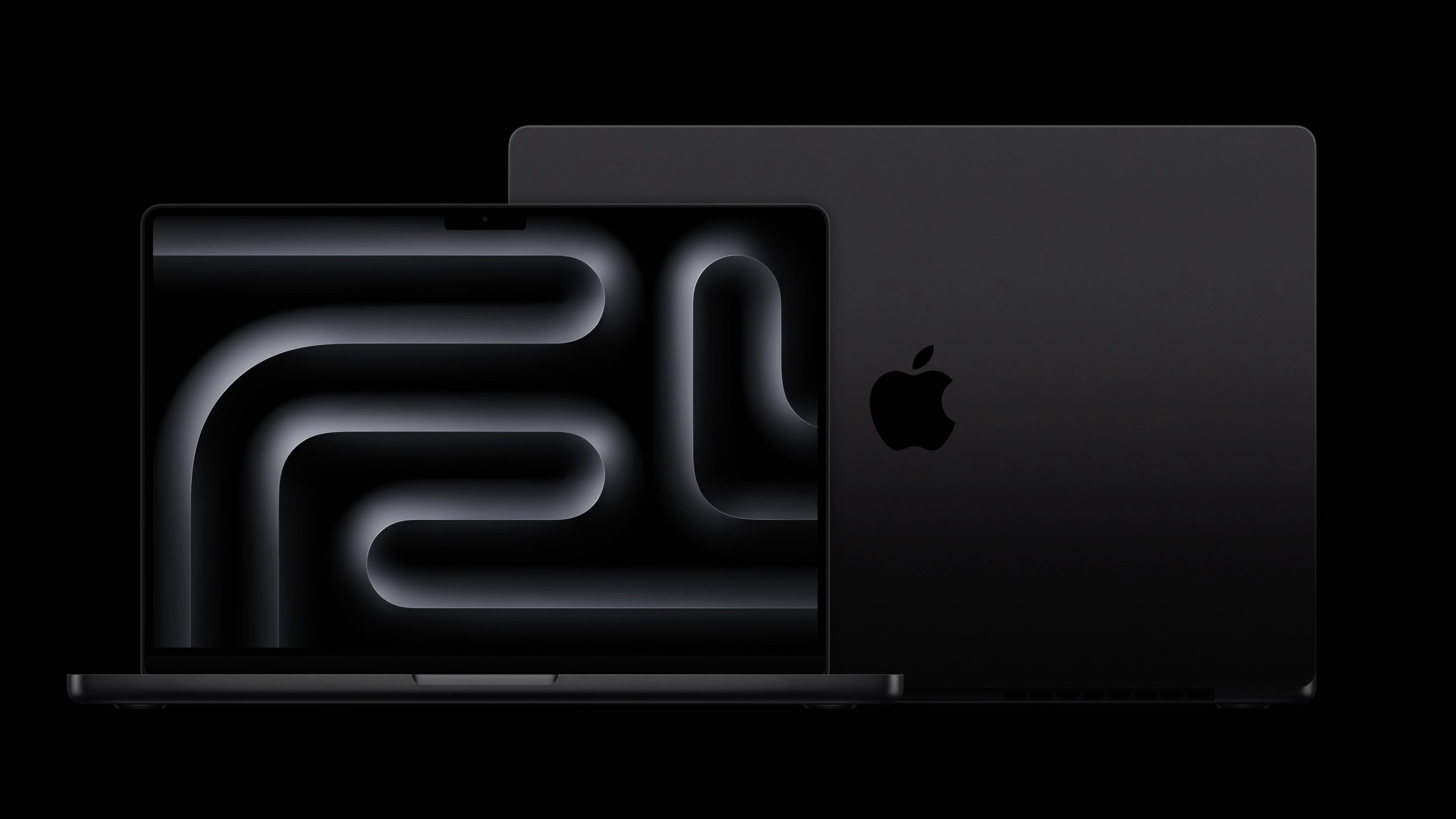












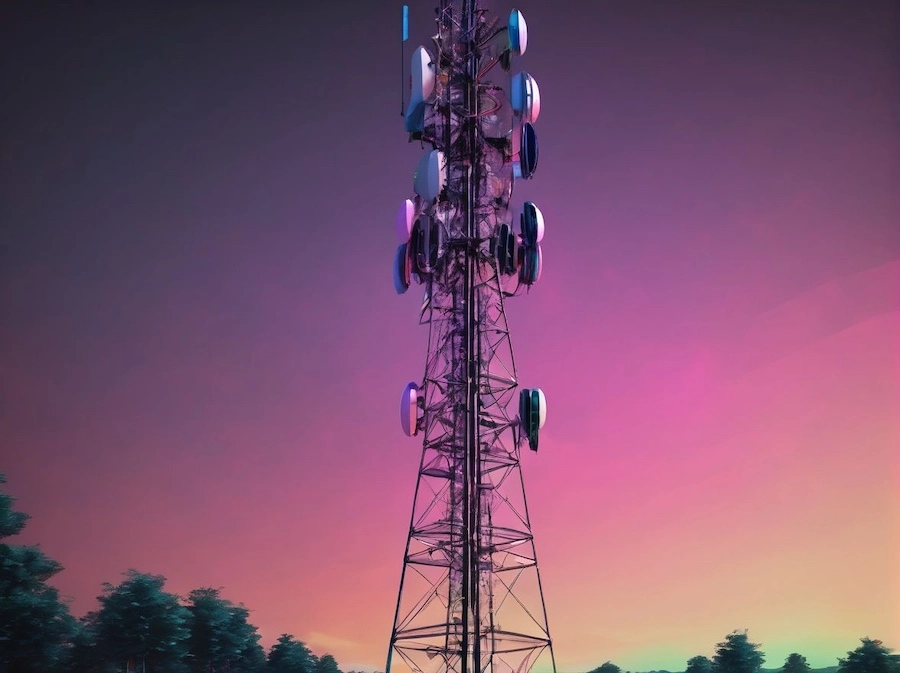














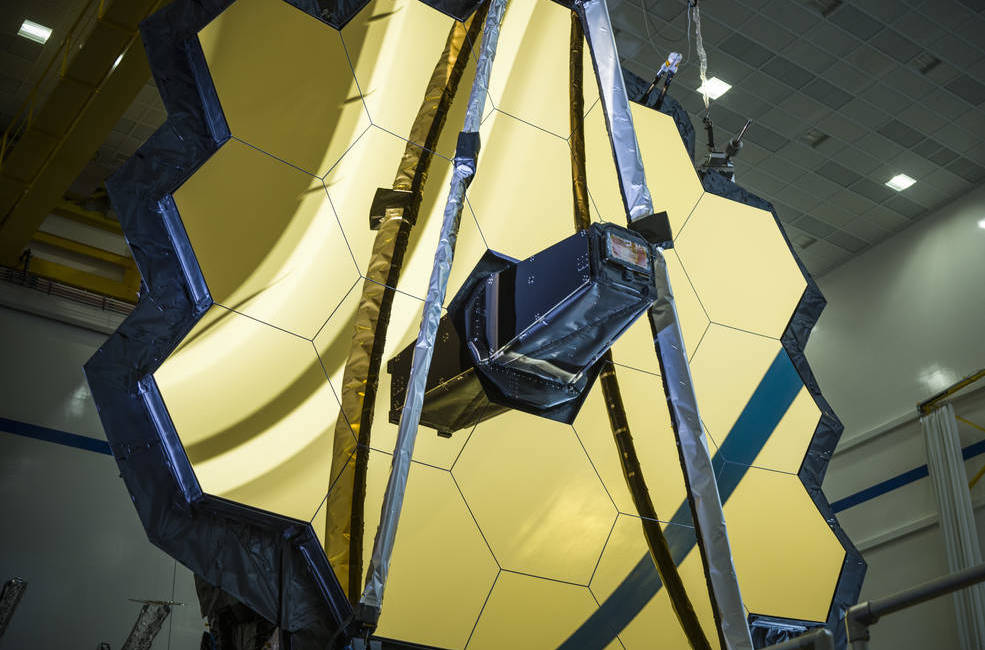








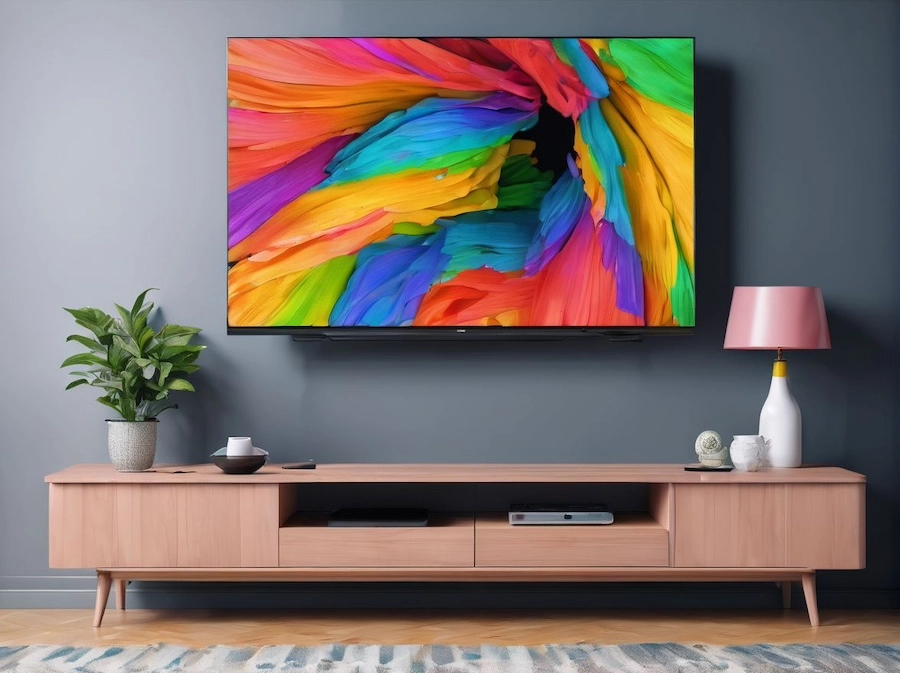
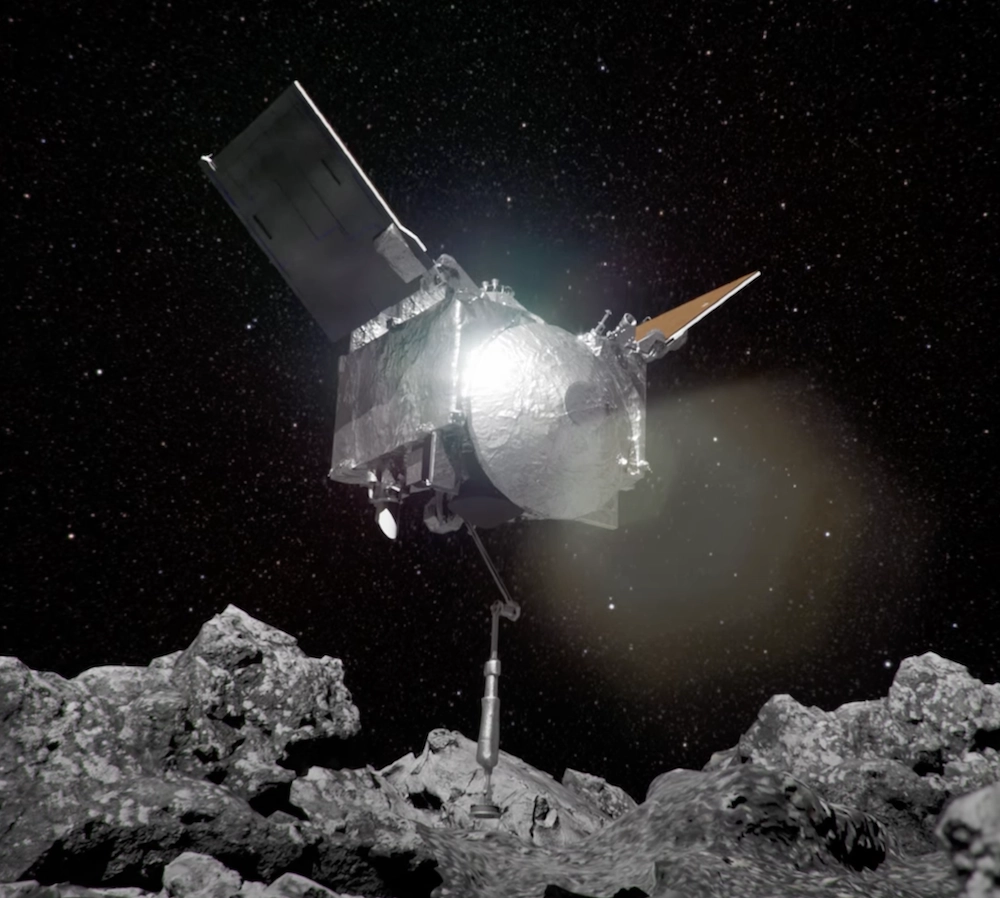

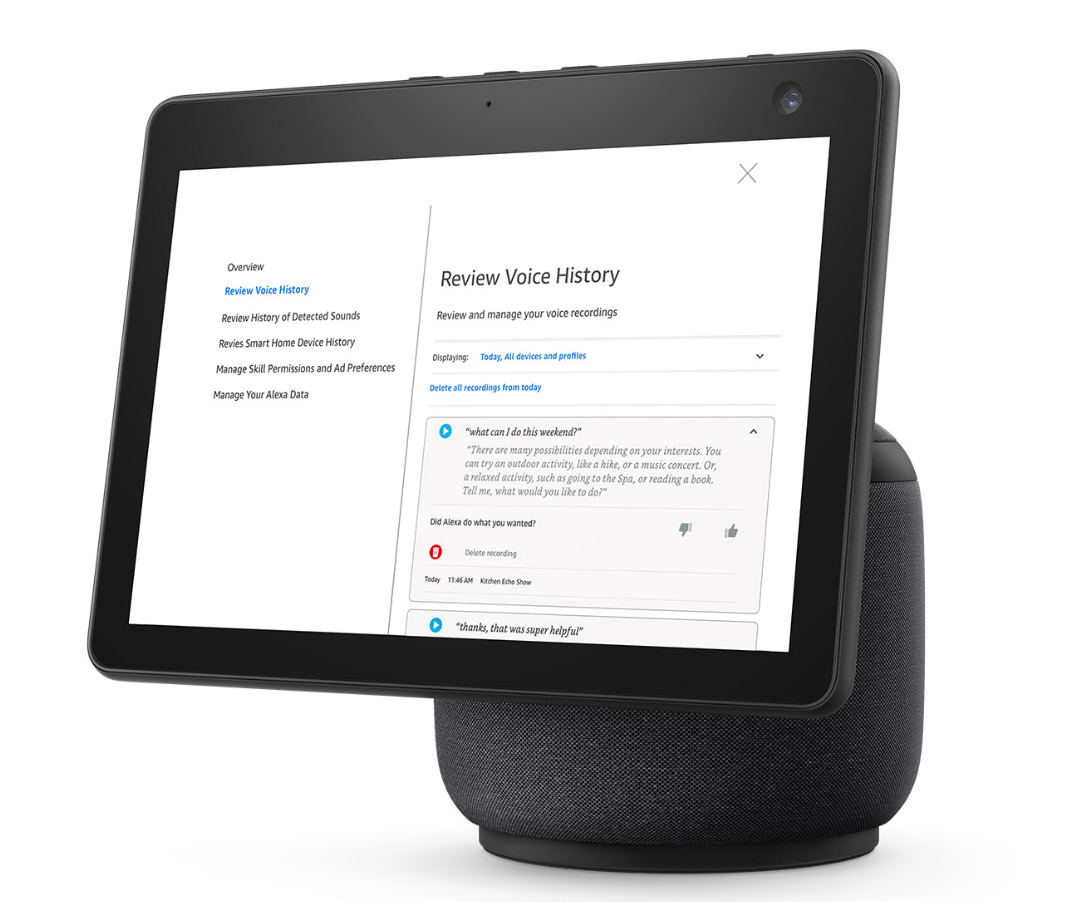


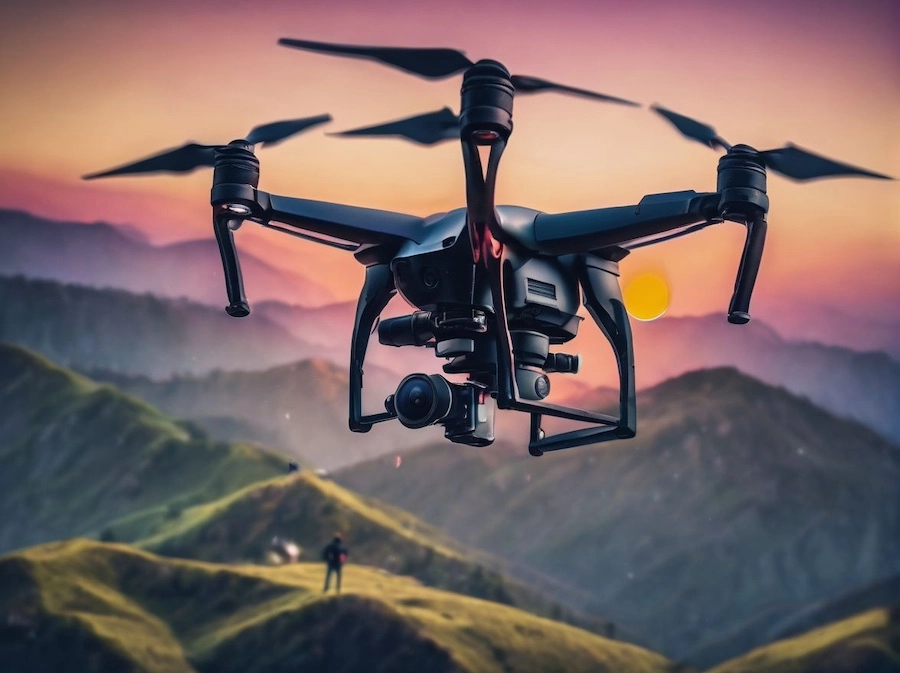
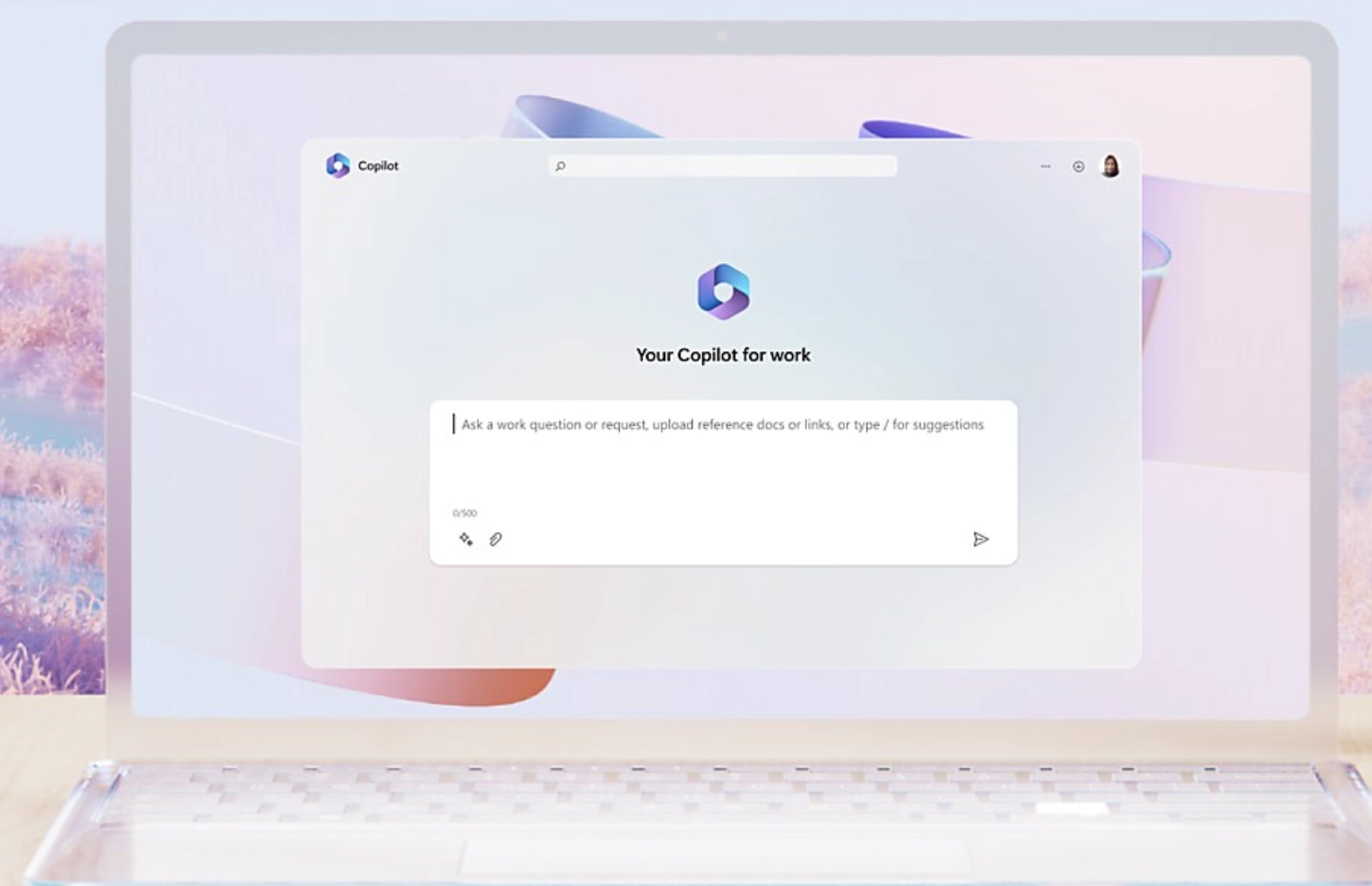

.webp)
.webp)









